Genomics
Institute
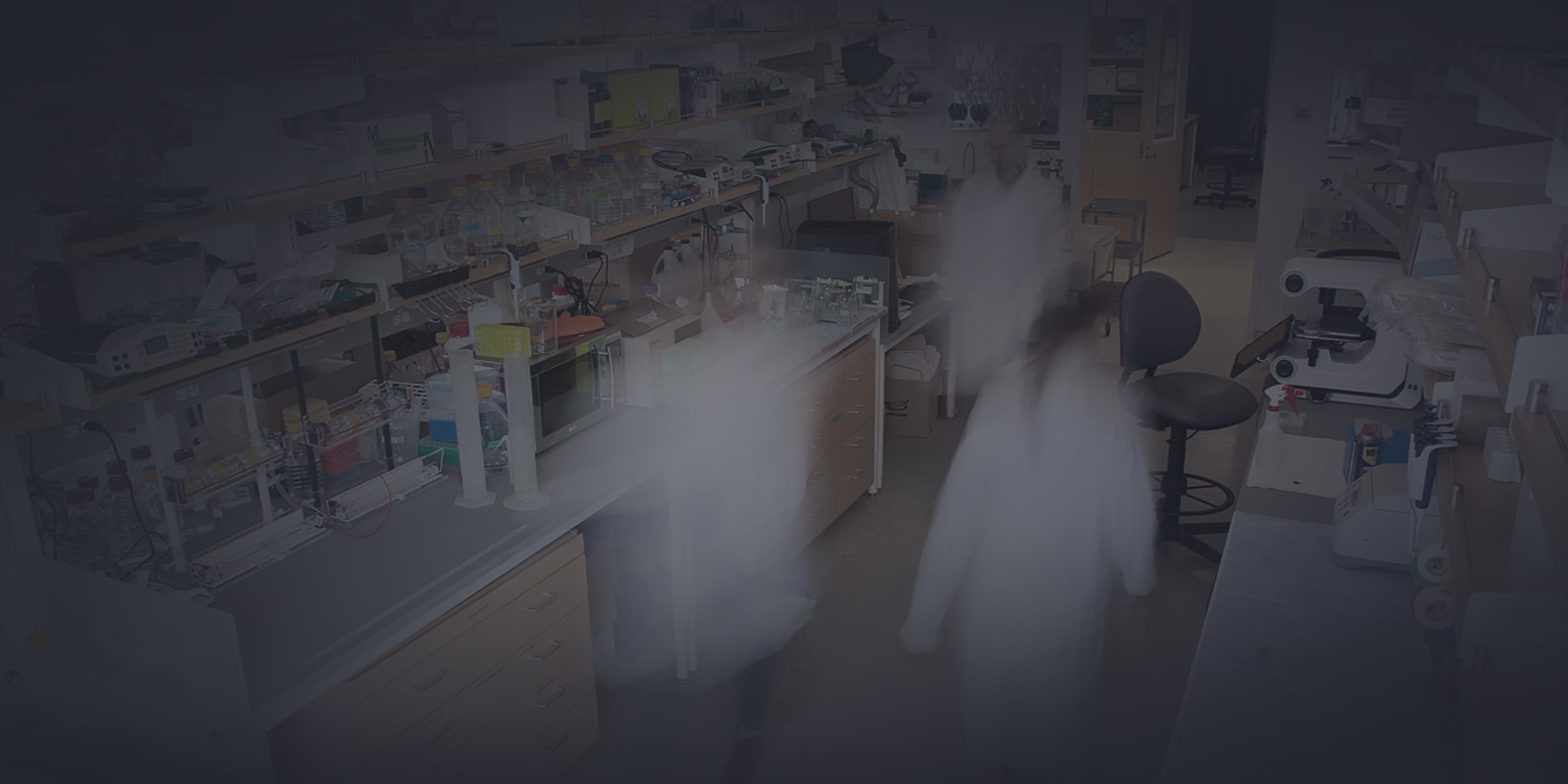
Our Research
Programs
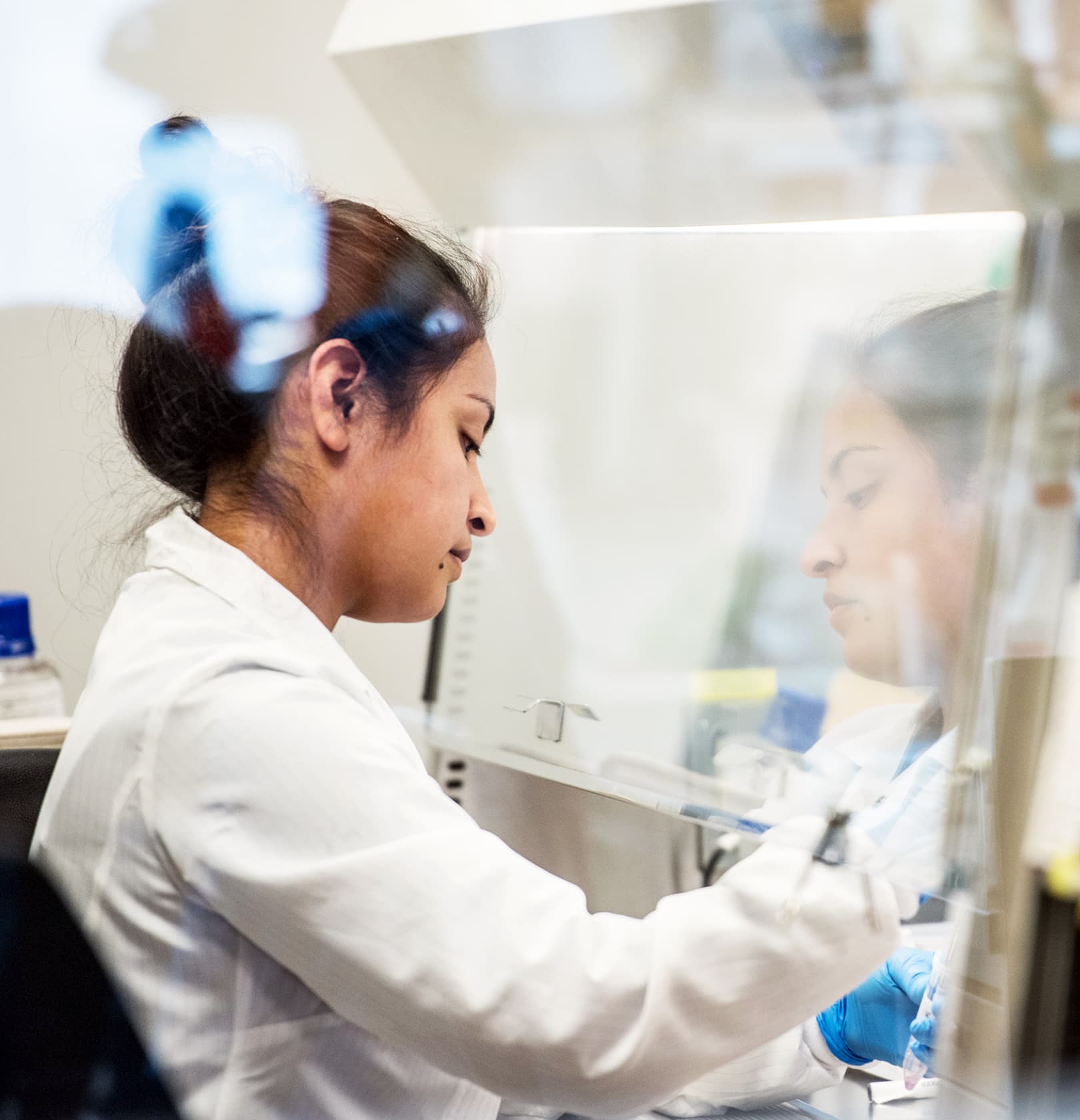
Human Health
Mutations in single genes cause more than 5000 human diseases.
Doctors can only treat the symptoms of genetic disease and patients often need to take non-curative drugs for their entire life. Scientists have known the cause of many genetic disorders for years, but until now there has been no way to cure them. The IGI aims to use the ‘molecular scalpel’ Cas9 to permanently correct disease-causing mutations in cells, animal models, and eventually human patients. Our first major goals are therapies to treat sickle cell disease and a rare familial autoimmune disorder.
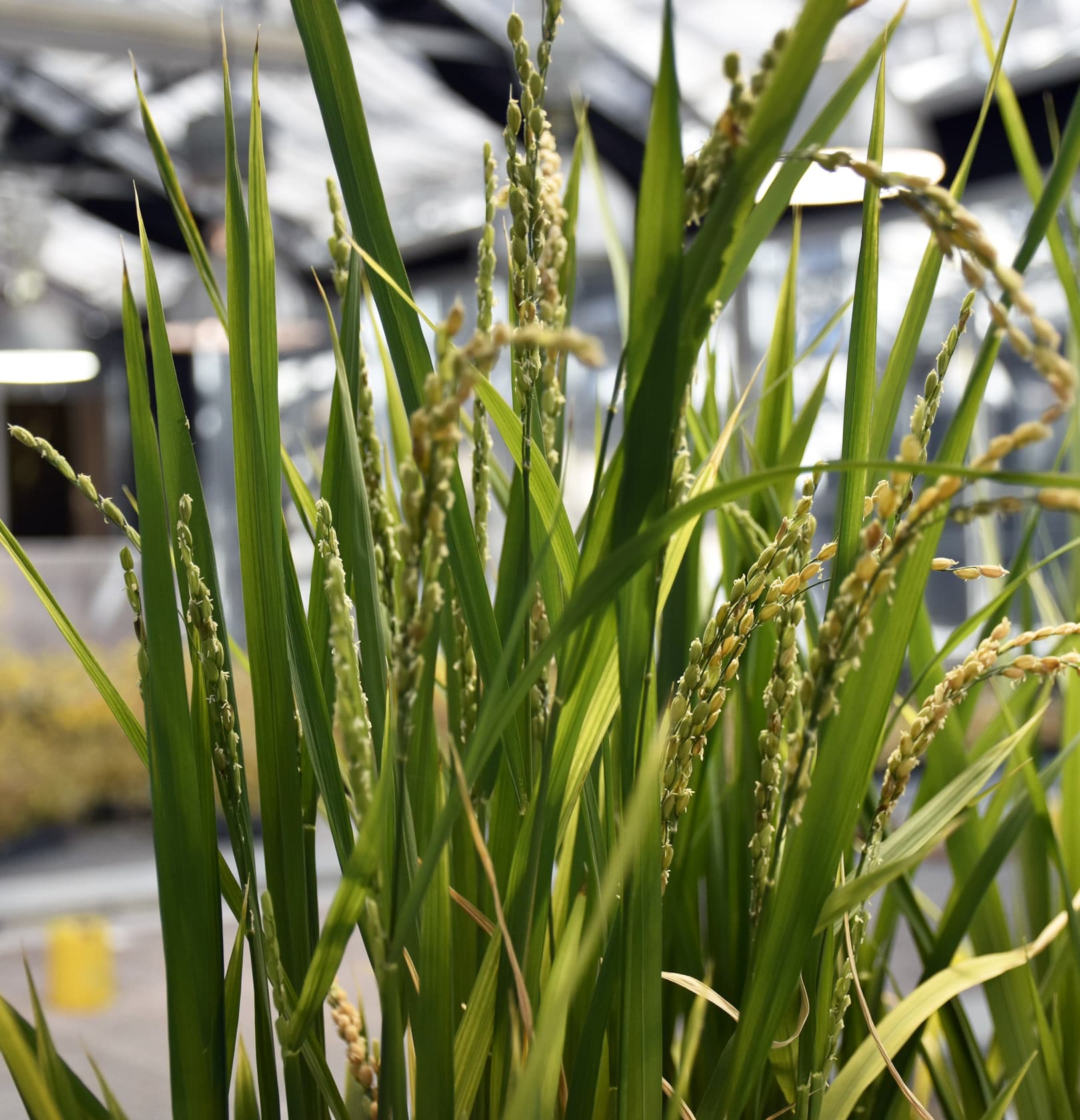
Climate and Sustainable Agriculture
Our surging population size and changing climate severely threaten future food security.
With the newfound ability to modify plant genomes easily and precisely with CRISPR-Cas enzymes, we have an unprecedented opportunity to improve agriculture. The IGI uses genome editing to create sustainable crops that are resistant to pests and diseases and less dependent upon chemical fertilizers. We will also produce more healthful and nutritious food. We are committed to ensuring that robust new crop varieties will be broadly available and benefit both the developed and developing worlds.
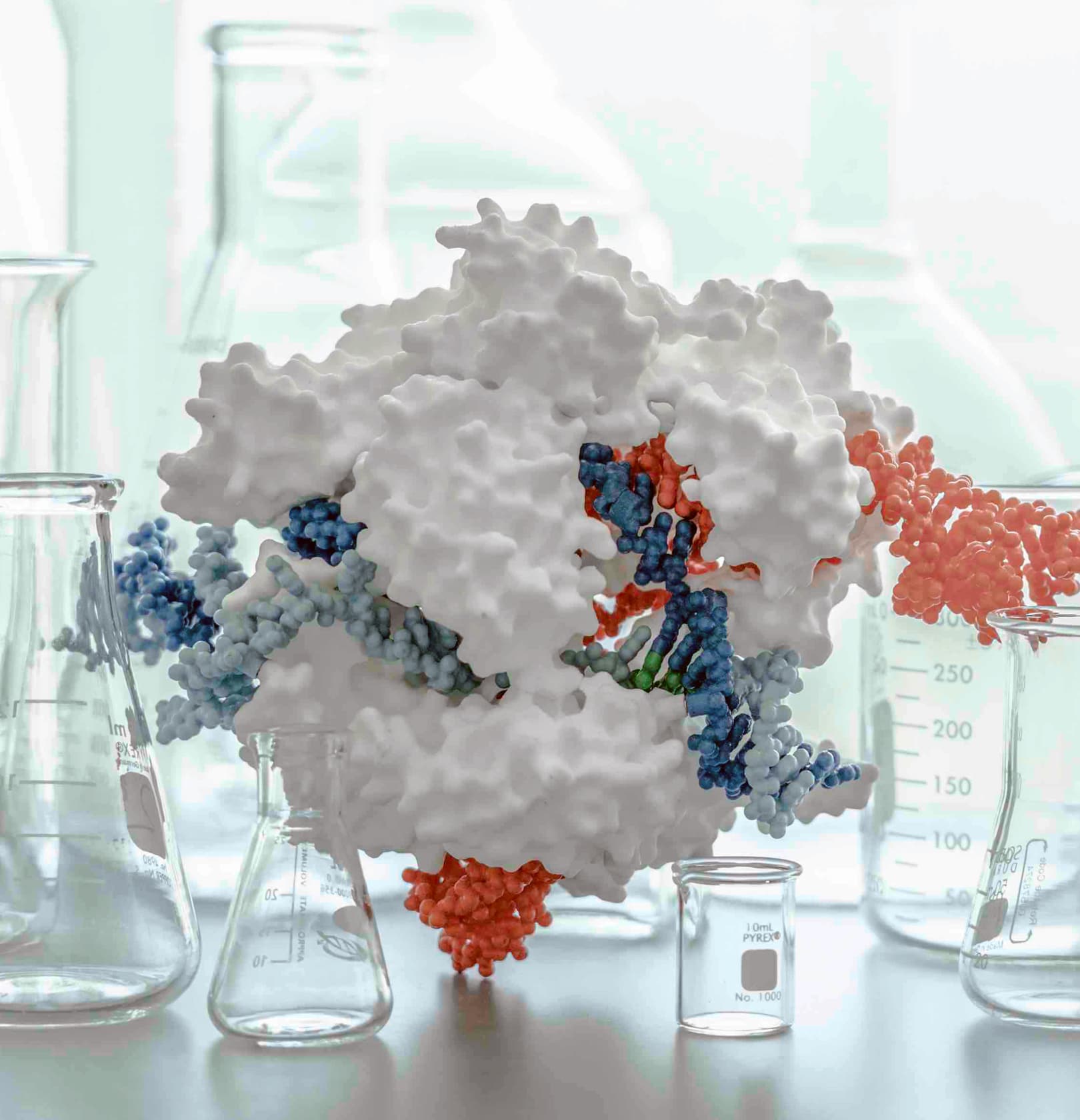
Advancing Genome Engineering
Unlocking the full potential of CRISPR genome editing requires continuous innovation.
We are committed to optimizing current tools, and developing new ones. Many antibiotics, enzymes, drugs, and research tools like CRISPR-Cas9 are the repurposed natural products of microbes. To discover novel molecules, the IGI gathers genetic information from thousands of previously unknown bacteria and archaea. We also need more options for safely and reliably delivering editing tools to agricultural crops and the parts of the human body that are harmed by mutations. The IGI is developing cross-cutting new approaches for the delivery of genome editing tools. We are building upon foundational CRISPR-Cas technologies to create more precise and powerful tools for manipulating the genome.

Public Impact
Global ethical conversations and regulations must keep pace with scientific progress.
The ability to rapidly transform agriculture and biomedicine gives rise to new societal and environmental considerations. Research in social sciences and humanities, including ethics, law, policy, and economics, will allow us to more fully understand and shape the potential impact genome editing will have on society. It is essential to encourage and engage in education, dialogue, and policy creation, to ensure that the technology benefits everyone. This will also require us to create new models of commercialization that ensure broad, equitable access to genome engineering therapies and tools.

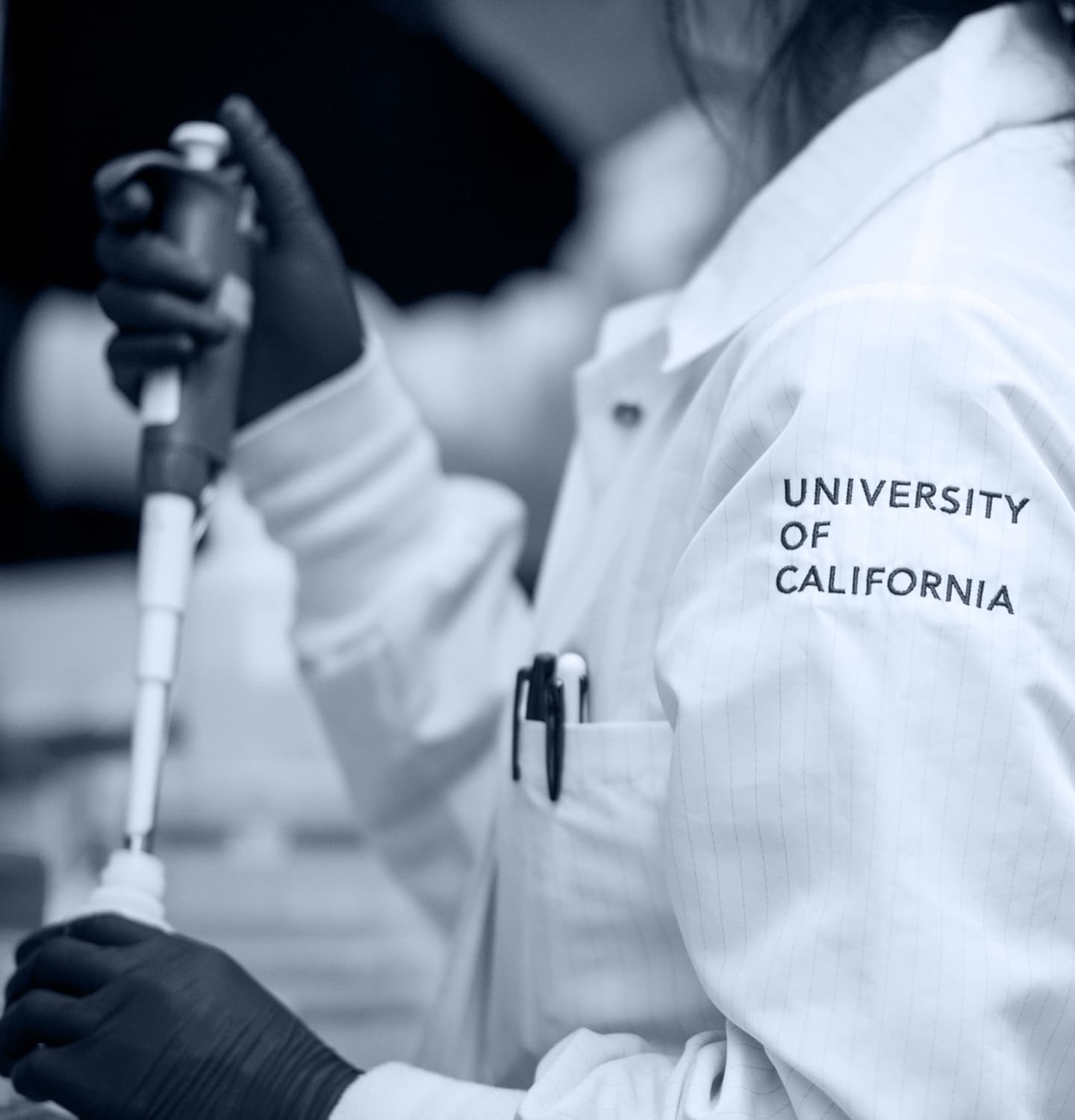
Research Projects
The interdisciplinary nature of our projects, our collaborative atmosphere, and the immutable interconnectedness of humans, animals, plants, and microbes means that discoveries in one research area will often inform another. By pursuing fundamental questions in diverse yet intertwined fields, our breakthroughs will improve the health of both humanity and our planet.